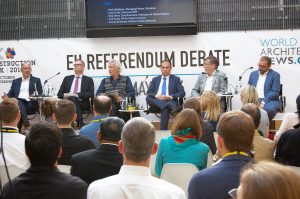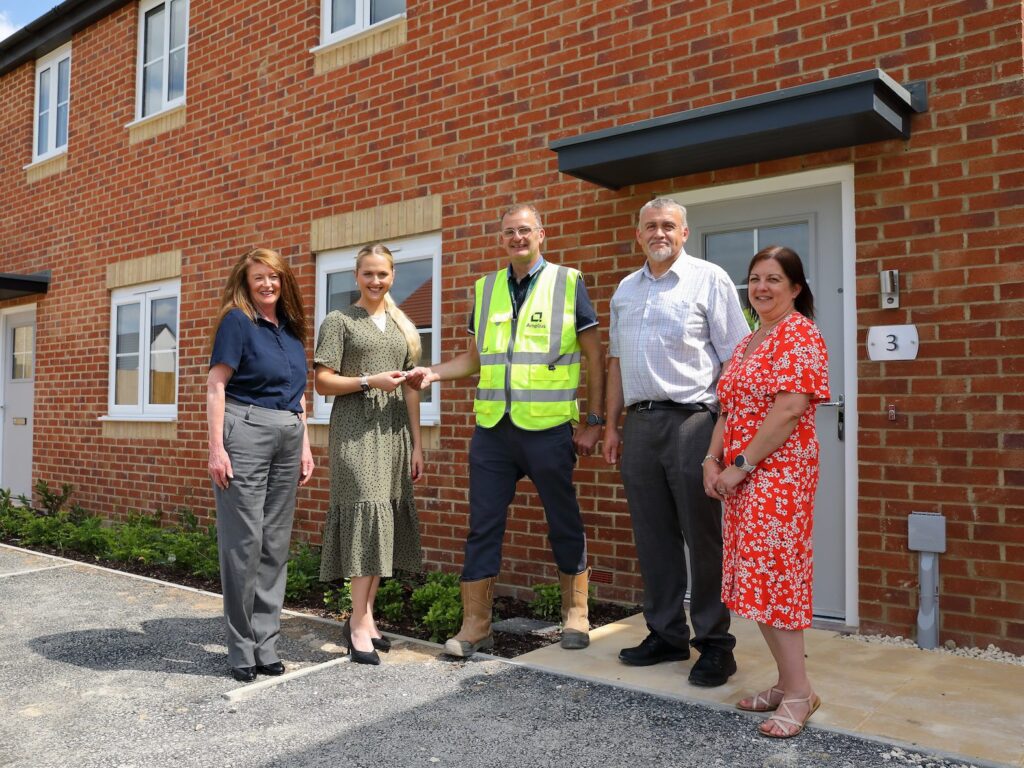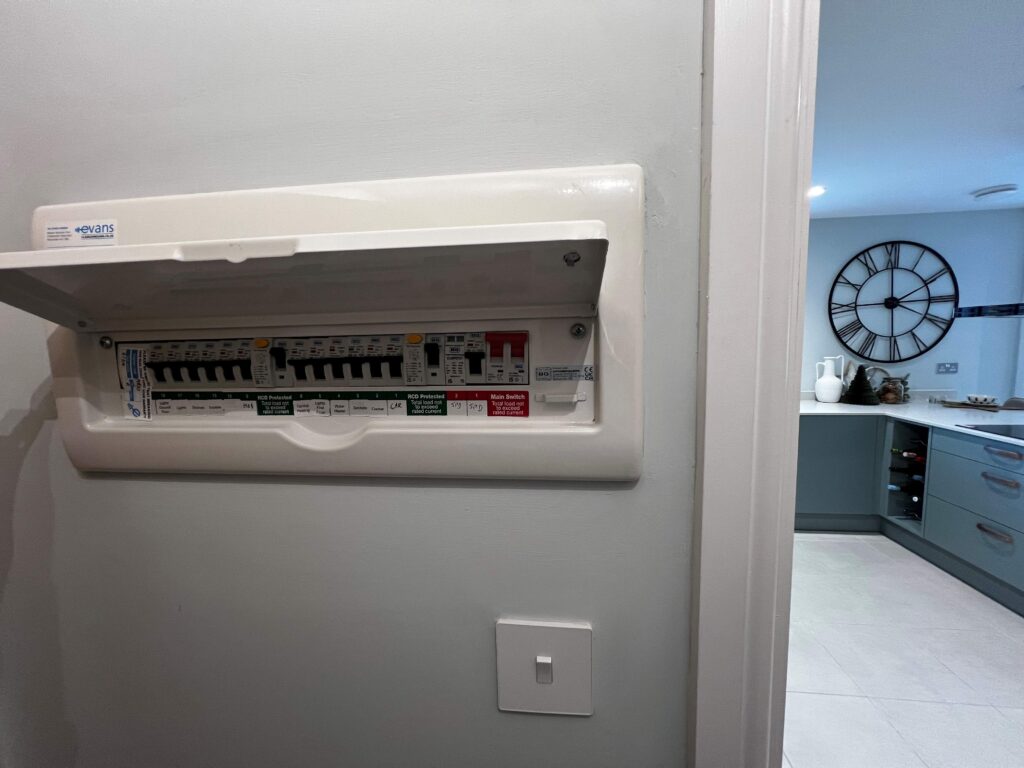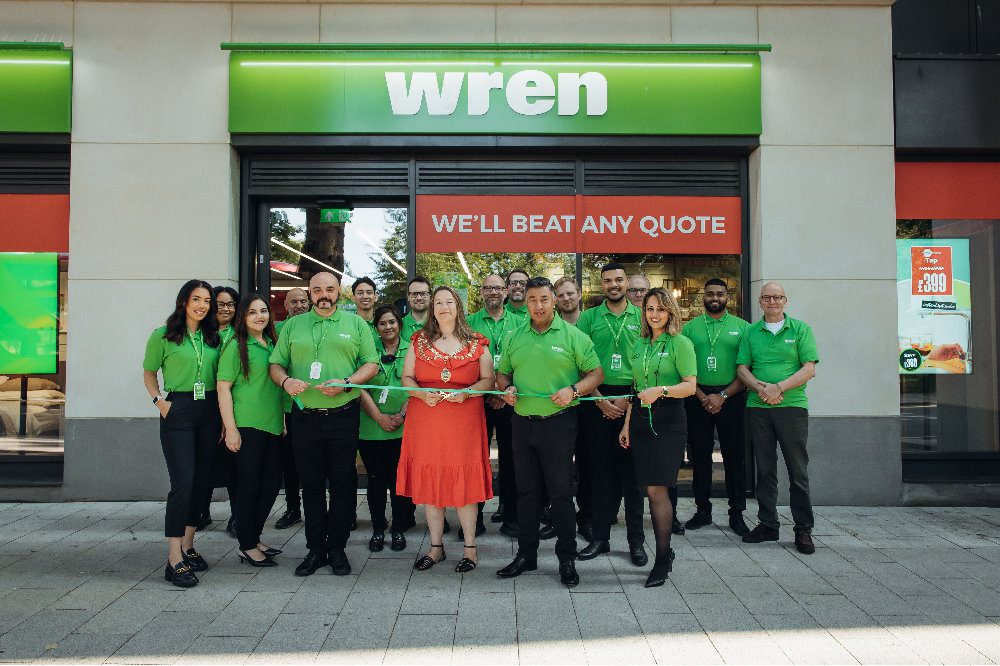The promise of new opportunities, the housing crisis, international trade and the skills shortage all came into question as panellists at the latest UK Construction Week EU Referendum advisory panel, in partnership with World Architecture News, debated the pros and cons of leaving the EU.
Taking place at Grimshaw Architects’ head office in London on 26 May 2016 and hosted by Brian Kilkelly, Development Lead of Climate KIC and Founder of World Cities Network, the event was framed by the findings of UK Construction Week’s EU Referendum survey, which received over 3,000 respondents – representing the most comprehensive canvas of opinion within the sector on the EU vote, due to take place on 23 June 2016. The headline result of the survey revealed that 57 per cent of construction professionals want to remain in the EU, while 43 per cent wish to leave.
The debate was started by looking at the housing crisis and Brian asked the panellists for their responses to the finding that contractors are almost three times more likely to say the crisis would be made better by leaving the EU than staying. Brian Berry, Chief Executive of the Federation of Master Builders (FMB), responded by saying he thought that leaving the EU would reduce investment in housing.
This sentiment was bolstered by David Cash, Chairman of Building Design Partnership (BDP), who emphasised the economic stability that staying in the EU would bring and falls in line with the survey result that two-thirds of architects believe that UK companies would be hit hard by the loss of vital EU funding if the UK were to leave the EU.
All of the panellists agreed that the housing crisis was by no means a result of being part of the EU and immigration with Brian Berry highlighting that longer life expectancies, the increased number of people living individually and inadequate construction output levels were the main culprits.
The debate moved on to the skills shortage and revealed a clear divide in opinion among the panellists. Brian Kilkelly was of the opinion that remaining in the EU makes it much easier for knowledge transfer between different countries while Paul Scully, the conservative MP for Cheam and Sutton, said that Brexit widens the talent pool beyond the EU and means the UK can attract the best in the world and not just the best in Europe more easily.
Cezary Bednarski, Architect at Studio Bednarski, was of the opinion that leaving the EU would have no affect on the skills shortage as the UK would have complete control of its borders and could let in the skilled workers it needed. However, this viewpoint is not widely held in the industry as the survey revealed that 50 per cent of construction professionals believe that leaving the EU would exacerbate the skill shortage.
Major infrastructure projects were also a hot topic of conversation at the event. David Cash highlighted that the UK has pledged a large amount of investment into infrastructure projects and that leaving the EU casts this into uncertainty. Cezary Bednarski countered this opinion by saying that if there is money to be made in the UK, money will come to the UK – sourcing other funding outside of the EU for projects will not be an issue.
Interestingly, Paul Scully added to the argument that leaving the EU should result in a greater percentage of smaller firms and local contractors getting a larger slice of major project work, as the UK will be able to leave the EU procurement process. Indeed this optimism is reflected in the survey results, which show that two-thirds of architects, managing directors and business owners believe that leaving the EU will provide additional opportunities to the UK.
The continued trading relationship with the EU was a key concern for Mark Middleton, Managing Partner of Grimshaw Architects, who said that trade deals don’t happen overnight and that leaving the EU would mean they would all need to be renegotiated, hampering business in the short-term. Paul Scully countered this viewpoint by highlighting that a growing proportion of the UK’s international trading is from outside the EU and that as distribution and infrastructure improves globally, EU trade becomes less relevant.
Paul also stated that EU bureaucracy often slows down business and trade, bringing the attendees attention to the on-going trading negotiations with Canada, which have been active for a number of years with no resolution. Brian Berry suggested that the process of the UK’s referendum could provide the jolt the EU needs to look at its international trading deals and get them in order quickly. He also said that when it comes to deals and legislation that it would be better for the UK to be in the EU to have a seat at the table.
Brian Berry and Mark Middleton’s pessimism over the opportunities for international trading if the UK left the EU where mirrored in the survey results with only 13 per cent of construction professional believing that leaving the EU would have a positive impact on UK based companies trading with the EU.
The event concluded with Brian Kilkelly asking each of the panellists to indicate how they would be voting in the upcoming referendum. The result was in line with the results of UK Construction Week’s survey with Brian Berry, David Cash and Mark Middleton voting remain and Paul Scully and Cezary Bednarski voting leave.
Nathan Garnett, Event Director for UK Construction Week, commented: “The EU referendum survey has been a real eye-opener and clearly shows that the vote will be very close within the construction industry. Indeed, across every profession the split of opinion has been relatively equal – only architects showed a clear majority with 71 per cent in favour of staying in the EU. Whichever way the vote goes on the 23rd of June it’s clear to see that there will be a lot of people within the industry who will be nervous of what is to come. UK Construction Week will be a great opportunity for the sector to come together and drive business forward, discuss the key issues and challenges facing the industry and build a stronger future for everyone employed in or impacted by the sector.”
Michael Hammond, Founder and Editor in Chief of World Architecture News, remarked: “The debate highlighted a number of issues, one being how to find solid information on which to make this incredibly important decision. No one would dream of designing a construction project with such flimsy and conflicting data. A division also appeared between head and heart votes with many delegates confessing to having two views on the vote. For me, the elephant in the room was simply, ‘where are the facts?’ – we need more sessions like this to understand the real issues.”
As an attendee to the event Paul Bogle, Head of Policy and Research at the National Federation of Builders (NFB), commented: “The NFB has been supporting its members with regular, impartial EU-related information to help them make sense conflicting messages. UK Construction Week provided a refreshingly grown-up debate of the issues people and businesses were not seeing addressed.”
Other notable findings from the EU referendum survey include:
- Over two-thirds of Architects believe that EU manufacturing companies with HQ’s in the UK would suffer job losses if the UK left the EU
- Engineers are three times more likely to say that leaving the EU will have a negative effect on major infrastructure projects such as Heathrow, HS2 and CrossRail than a positive one
- Sub-contractors are twice as likely to vote to leave the EU than Architects
- Cash flow for inward investments for new developments would suffer as a result of leaving the EU according to 61 per cent of architects
- Of those surveyed, 55 per cent believed that imported materials would cost more if the UK were to leave the EU
- 70 per cent of contractors believe that leaving the EU would strengthen the case for greater support for UK manufacturing from the UK government
- Twice as many professionals working in companies that trade beyond the UK’s borders believe that UK manufacturers in the built environment would be effected negatively by the £/Euro rate if the UK left the EU than positively
Taking place at the Birmingham NEC from 18 – 20 October, UK Construction Week combines nine shows in one location. With over 24,000 trade visitors last year – a figure expected to double at this year’s event – the show boasts over 1,000 exhibitors. Visitors are able to attend Timber Expo, the Build Show, Civils Expo, the Surface and Materials Show, Energy 2016, Plant & Machinery Live, HVAC 2016, Smart Buildings 2016 and Grand Designs Live.
For more information please visit www.ukconstructionweek.com or follow @UK_CW on Twitter.












